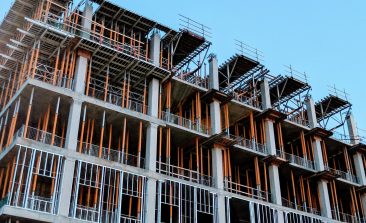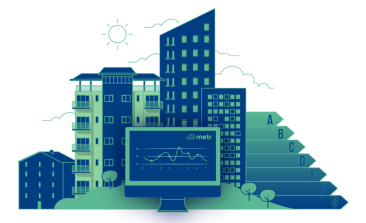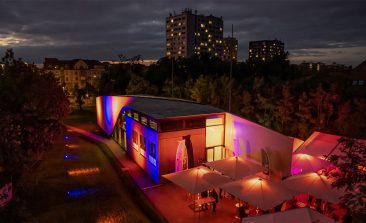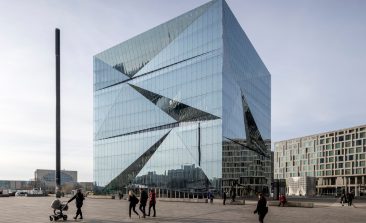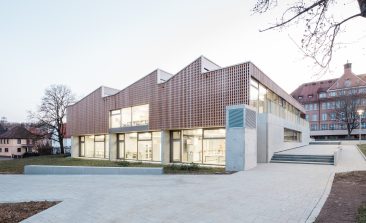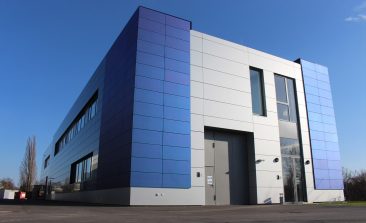Content to: Buildings
How Can Digitalisation Help Decarbonise the Building Sector?
Major transformations are needed to achieve the climate targets in the building sector. Here we provide an overview of the role digital technologies play in the industry.
Jenga Green Library: Transforming Kenya’s Construction Landscape with Sustainable Building Solutions
Awareness, affordability and accessibility to green building technologies have stymied the uptake of green building in Kenya. Jenga Green Library could make things easier.
Metr: How Digital Solutions Are Driving Down Real Estate Costs While Improving Sustainability
Could digital solutions be at the forefront of the construction industry's mammoth carbon footprint? Experts agree - they have potential. But the answer to making our buildings "smart" could be more complicated.
“Digitalisation is Key to Climate Neutrality in the Building Sector”: An Interview with Sibyl Steuwer
How can we rapidly revolutionise the construction industry, and where are digital technologies playing a pivotal role? Sibyl Steuwer from BPIE shares her insights in an interview.
Giving Old Materials a New Identity: Circular Building With Digital Material Passports
The concept of creating new houses from old materials and components has been around for a long time. Digital material passports are intended to modernise the process.
Carbon Concrete: Dresden Building 70 Percent More Sustainable Than Other Concrete Buildings
The CUBE in Dresden proves that carbon concrete is an exciting building material for a successful construction turnaround.
The CUBE Berlin: Office Building With a ‘Brain’
Thanks to artificial intelligence, the CUBE Berlin adapts to the needs of its users and at the same time creates more efficient control processes. What does this mean for the future of office work?
Low-Tech, High Comfort: A Sustainable Vision for School Buildings
Together with the city of Aalen, climate-positive architects, engineers and teachers have planned a futuristic school building.
It’s Now Possible to Print Highly Efficient, Ultra-Thin Solar Cells
Solar energy technology is constantly developing. What new possibilities does this open up and what role can these defect-tolerant solar cells play in smart infrastructure?

